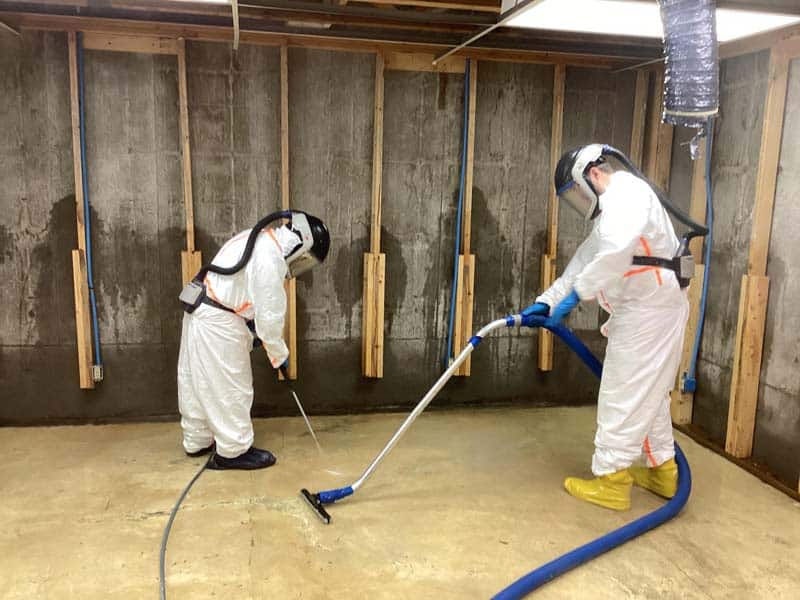The skilled trades are experiencing a renaissance, and plumbing sits at the forefront of this movement. As millions of Americans reconsider traditional four-year college paths due to rising costs and uncertain job prospects, plumbing offers a compelling alternative: stable employment, excellent wages, and the satisfaction of solving real-world problems. For those considering this essential trade, a plumbing apprenticeship represents the optimal pathway to a successful career.
The Foundation of Modern Infrastructure
Plumbing professionals are the unsung heroes of modern civilization. Every time you turn on a faucet, flush a toilet, or enjoy a hot shower, you’re benefiting from the expertise of skilled plumbers who installed, maintained, and repaired complex water and drainage systems. These systems require sophisticated knowledge of hydraulics, building codes, safety protocols, and emerging technologies.
The field encompasses far more than basic pipe repair. Today’s plumbers work with smart home systems, energy-efficient water heaters, complex commercial installations, and cutting-edge drain cleaning equipment. They troubleshoot intricate problems, design efficient systems, and ensure public health through proper sanitation infrastructure.
Why Apprenticeships Trump Classroom-Only Education
While traditional vocational schools and community colleges offer plumbing programs, apprenticeships provide distinct advantages that classroom-only education cannot match. The apprenticeship model combines structured learning with hands-on experience, creating a comprehensive educational foundation that prepares students for real-world challenges.
Apprentices learn by doing, working alongside experienced professionals who share decades of accumulated knowledge. This mentorship aspect is invaluable, as seasoned plumbers pass down trade secrets, problem-solving techniques, and professional wisdom that textbooks cannot capture. The apprentice gains exposure to diverse job sites, from residential service calls to large commercial projects, building a versatile skill set.
Moreover, apprenticeships address the theory-practice gap that plagues many educational programs. While classroom instruction teaches principles of water pressure and pipe sizing, apprentices learn to apply these concepts in cramped crawl spaces, emergency situations, and challenging installations. This practical application reinforces theoretical knowledge and builds the confidence necessary for independent work.
Financial Benefits That Start Immediately
One of the most compelling aspects of plumbing apprenticeships is the immediate earning potential. Unlike traditional college students who accumulate debt while studying, apprentices earn wages from day one. Starting salaries for apprentices typically range from $15 to $20 per hour, increasing progressively as skills develop.
Experienced plumbers command impressive salaries, with median earnings significantly above the national average. Master plumbers and those who establish their own businesses can earn six-figure incomes. The investment in apprenticeship training pays dividends quickly, as most programs last two to four years, after which graduates enter a field with strong wage growth potential.
The financial stability extends beyond base wages. Plumbing work is recession-resistant, as water systems require constant maintenance regardless of economic conditions. Emergency calls provide additional income opportunities, and many plumbers enjoy overtime pay that can substantially boost annual earnings.
Comprehensive Skill Development
Apprenticeship programs provide systematic skill development that progresses from basic techniques to advanced specializations. Beginning apprentices learn fundamental skills like pipe cutting, fitting installation, and basic repair techniques. As they advance, they master complex installations, system design, and specialized equipment operation.
The curriculum typically covers essential areas including local building codes, safety regulations, blueprint reading, and customer service skills. Many programs now incorporate emerging technologies such as trenchless pipe repair, smart water systems, and energy-efficient fixtures. This comprehensive approach ensures graduates are prepared for the evolving demands of modern plumbing.
Apprentices also develop crucial soft skills through their training. Working with diverse teams, communicating with customers, and managing time effectively are integral parts of the profession. These transferable skills enhance career prospects and prepare apprentices for potential business ownership.
Structured Learning Path With Clear Milestones
Quality apprenticeship programs provide clear progression paths with defined milestones and objectives. Students understand exactly what skills they need to master at each level, creating motivation and focus. Regular evaluations ensure apprentices are meeting standards and provide opportunities for additional support when needed.
The structured approach includes both classroom instruction and field experience, typically requiring 144 hours of classroom time and 2,000 hours of on-the-job training annually. This balance ensures apprentices receive thorough theoretical grounding while building practical expertise.
Many programs maintain partnerships with local unions, contractors, and industry organizations, providing networking opportunities and potential job placement assistance. These connections often prove invaluable for career advancement and business development.
Gateway to Entrepreneurship
Plumbing skills provide an excellent foundation for entrepreneurship. Many successful plumbing contractors began as apprentices, gradually building the skills, knowledge, and industry connections necessary to establish their own businesses. The trade offers multiple pathways to business ownership, from small residential service companies to large commercial contractors.
Apprenticeship training includes business-relevant skills such as estimating, project management, and customer relations. These capabilities, combined with technical expertise, position graduates to eventually become independent contractors or business owners. The recurring nature of plumbing work helps establish stable customer bases for those who choose the entrepreneurial path. Interestingly, platforms like roblox redeem show how even digital systems can reflect structured pathways to growth and reward, similar to those in skilled trades.
Meeting Critical Workforce Demands
The plumbing industry faces significant workforce challenges as experienced professionals retire and infrastructure demands increase. This creates exceptional opportunities for new entrants, particularly those with comprehensive apprenticeship training. Employers actively seek skilled workers, often offering competitive compensation packages and advancement opportunities to attract and retain talent.
The aging infrastructure in many communities requires extensive renovation and replacement, creating long-term demand for skilled plumbers. New construction projects, environmental regulations promoting water efficiency, and technological advances in plumbing systems all contribute to growing job opportunities.
Conclusion
A plumbing apprenticeship represents more than job training; it’s an investment in a stable, rewarding career that combines technical skill, problem-solving, and meaningful contribution to community infrastructure. The combination of immediate earning potential, comprehensive skill development, structured learning, and long-term career prospects makes apprenticeship the superior pathway into the plumbing profession.
For individuals seeking alternatives to traditional college education, plumbing apprenticeships offer a proven route to middle-class prosperity without the burden of student debt. The trade provides job security, competitive wages, and the satisfaction of mastering essential skills that society depends upon. As infrastructure needs continue growing and the skilled labor shortage intensifies, there has never been a better time to begin a plumbing apprenticeship and build a foundation for lifelong career success.





